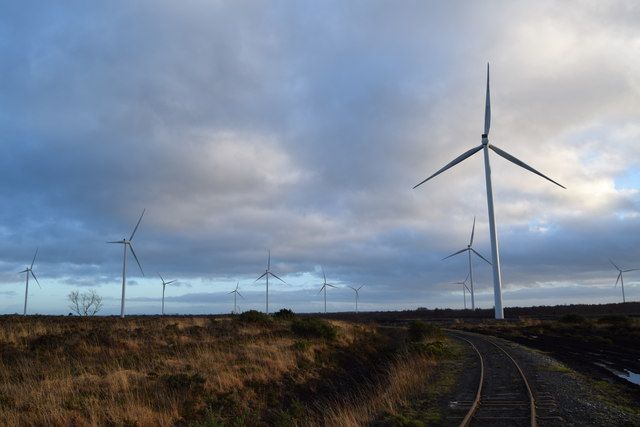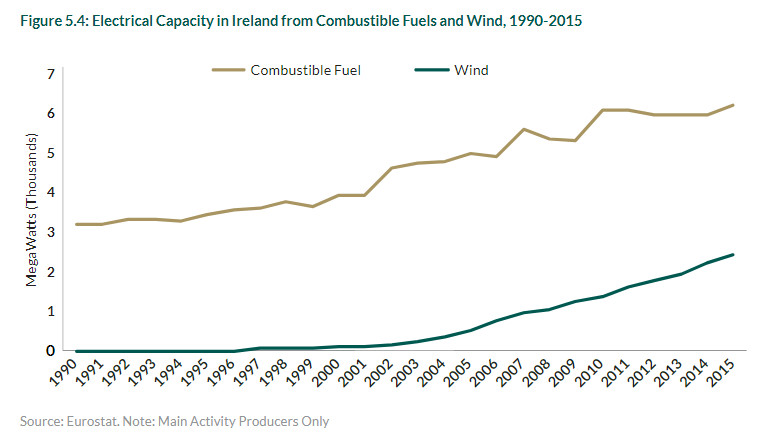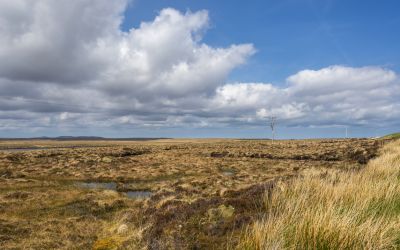Ireland planning €22 billion injection into low-carbon economy
The Irish Government has announced plans to spend €22 billion over the next four years to aid the country’s journey to a low-carbon and climate resilient economy.

The Irish Government has announced plans to spend €22 billion over the next four years to aid the country’s journey to a low-carbon and climate resilient economy.
The move forms part of the government’s new National Development Plan, released this week, and covering all parts of the Irish economy.
Energy efficiency, renewables, agriculture, transport and climate adaptation are all covered under the scheme, which has an initial target date of 2021.
The government is aiming to upgrade 45,000 homes per year, add up to 4,500 megawatts of new renewable energy and introduce low-emission, electric buses in urban areas. It will also create a new €500 million Climate Action Fund to help support climate adaptation projects, such as improving flood defences on the island.
Ireland has some of the strongest wind speeds in Europe, and the government is looking to continue to harness this natural resource within its renewable energy plans. By 2030, the plan states that coal and peat-fired plants will “no longer have a role in electricity generation in Ireland”, with wind power continuing to dominate the energy mix in the future; the government also sees a role for a mix of wave, solar, bioenergy and hydrogen.
The report states: “While Ireland clearly faces a very significant task in reducing its greenhouse gas emissions, the current profile of which reflects the particular structure of our economy, action can be taken now to position Ireland to harness significant benefits from realising a low-carbon economy. These include, for example, the creation of sustainable green jobs, sustainable food production, deepening our energy security, and making the environment healthier”.
In a related move to secure energy supplies in the country, a new subsea electricity connector is being proposed with France. This €1 billion project will help provide 700MW of low-carbon electricity to the country from the mid-2020s onwards.
Wind power has grown exponentially in Ireland in recent years
Photo: Kenneth Gallery Smyth




_400_250_80_s_c1.jpg)


